What manner of mother tongue renaissance?
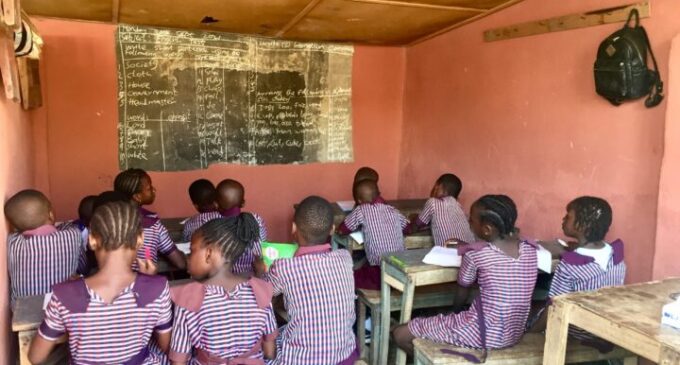
These are indeed very interesting times at the Federal Ministry of Education, strangely. With less than three months to next year’s general elections, the polity is agog with various shades of melodrama, producing all sorts of plots, proffering no consequential solutions to the country’s tons of issues, providing little or no excitement for the present, giving no real hope for the future. Having watched their politicians engage in the absurd as usual since the party primaries without displaying the much-needed capacity for leadership, Nigerians appear to have thrown their hands up in the air and, in the process, lost their instinct to be shocked.
From a sector better known for superintending over protracted strikes by tertiary institutions’ trade unions, actions that should ordinarily earn it encomiums could actually set the stage for confusion if not clinically planned and executed. Only last month, the study of history was ordered back into secondary schools after 13 years, a move praised by individuals and groups that sense the possibility of true national reawakening. And now, a new National Language Policy has proceeded from the ministry and endorsed by the Federal Executive Council (FEC). The thrust of the document is to start the process that would restore thesurvival, glory, strength and influence of local languages. Thesimple official plan is to make them compulsory tools of instruction in primary schools and gradually blend them with English language in junior secondary schools. All that blueprintmay soon prove simplistic. Here is why.
Not long ago, the Minister of Education, Mallam AdamuAdamu, came under verbal attacks when he lamented his inability to find remedies to the problems under his jurisdiction. I differed a bit on this page and acknowledged his bravery in doing a frank, albeit somewhat awkward, self-assessment. Truth is, pulling these decisions that are capable of initiating socio-cultural, if not political, revolutions from his drawer in quick succession, especially in this politically charged period, should attract scrutiny. It must be said that institutionalising our vernaculars is clearly noble, probably coming on board late. Considering Nigeria’s political history, thisstep ought to have been taken by the leadership that took over directly from the colonialists, in my opinion. And I don’t mean singling out the so-called major languages for recognition and preferential treatment the way the nation has been doing without clear-cut benefits. Anointing three or four languages and upgrading them far above the rest on the pretext of population superiority have caused damages. No self-respecting people should watch the language handed down to them from previous generations become extinct. Of all the things that constitute people’s traditions and cultures, language is one of the most distinctive. It’s a ready, time-tested identity, a rallying point and point of reference, a thing of ethnic or national pride.
The significance of language is accentuated by its core functions. It exists primarily for communication purposes. Human beings, generally, stand a better chance of understanding and also developing allegiance towards those who share their languages with them. A lot is often achieved by way of inter-personal bonding, organisational cohesion and inter-group integration. Nigerians are no exceptions. The present move bythe federal government, is, therefore, appropriate, at least theoretically.
Actualising this mission, however, is a totally different kettle. Herein also lies the basis for the opposition the minister’s announcement has attracted to itself. Why should a project of this magnitude and importance be kept to the final weeks of this administration? The worn argument of government being a continuum, of starting a programme and expecting the succeeding one to continue with and complete it doesn’t hold here, particularly in our own environment where that hasn’t become a norm.In what looks like a sudden quest for legacies, Adamu might have failed to ponder over the full weight of the course he is spearheading. For the record, though, he did mention some of the hurdles before the scheme. The development of instructional materials and the recruitment, training and placement of qualified teachers, for instance. Add to those ones government’s awareness of the need to preserve the numerous cultures in the country and their idiosyncrasies. The choice of the languages to be adopted from a teeming number of over 600, according to the minister, will be guided by the predominant ones in given areas. But going to the extent of declaring that all Nigerian languages are equal and will be treated accordingly can only be politically correct and has no actual linguistic or professional value.
The grounds for inequality are already enshrined in the constitution. Hausa, Yoruba and Igbo enjoy statutory privileges. Whether these have been well utilised is a different matter. Whatever their official utility profile, they surely have far better exposure than the rest local languages. That places them on loftier pedestals. The fallacy, or reality depending on which side one falls, of their relevance in comparison to others, has continued to have implications for the unity and integration of the country. The undercurrents of this minority suppression may not be as pronounced as the other crises facing the nation today but their negative impact and ignored consequences are bound to boil over at some point.
Other pitfalls will certainly challenge the attempt to teach our pupils in their mother tongues. One concept that can’t be overlooked is standardisation. The teaching and learning of languages have everything to do with it. For any language to be admitted into the elite circle of the standardised ones, it must maintain a generous presence in the world of the written, printed word, not only in the form of educational or academic books but other spheres also. Like the highly developed languages of advanced societies, the rudiments of any language that is serious about elevated usage must be established in the realms of lexis, structure, semantics and other aspects of language development. These components form indispensable parts of promoting and maintaining standards. Failure to properly situate them would invite anarchy, the outcomes of which could reverse the very goals on target.
Did the authorities in the education ministry apply rigour to the processes that produced the anticipated new era? Even their self-identified homework in relation to textbooks and trained teachers is not a walkover as it is constrained by time. None of those items can surface overnight. Just as the entire programme cannot installed by fiat. The fear of domination of the linguistic and cultural space by the top three is not even limited to them. One can predict that the atmosphere will be replicated across the country as the widely spoken languages are chosen above the weaker ones. It remains to be seen the depth of our capacity to see through such projects that are not manifestly viable economically.
That brings us to the amount of awareness creation and orientation needed to put it on a sound footing. In many parts of the north, for example, Hausa has completely replaced some indigenous languages. Many people in those areas know little about their own mother tongues beyond words of greetings. For such, efforts towards getting their languages in print are not even up for discussion. Most of them have since resigned to overwhelming sociological factors and effectively cowed into accepting the situation as their destiny.
I write as a beneficiary of early vernacular education. Largely due to the teaching I was exposed to at the kindergarten level then called “class cha-cha” well over five decades ago, I can still write, read and speak my native language, an experience I shall cherish for the rest of my life. This worthy venture, no doubt, deserves the right push.
Ekpe, PhD, is a member of THISDAY Editorial Board.
Views expressed by contributors are strictly personal and not of TheCable.


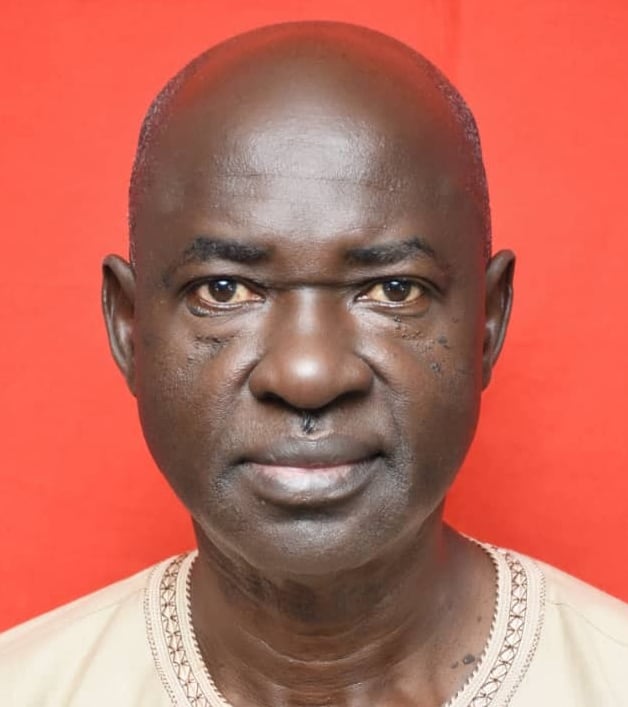




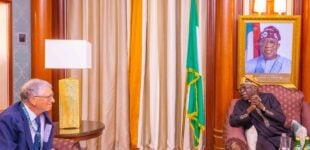
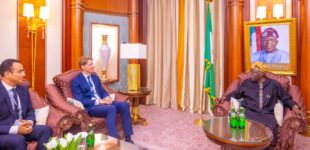


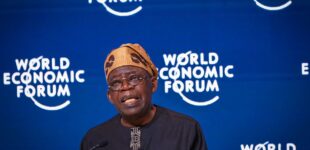
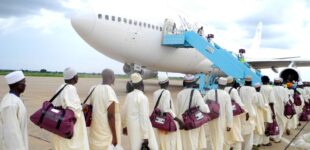
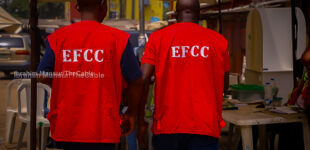

There are no comments at the moment, do you want to add one?
Write a comment